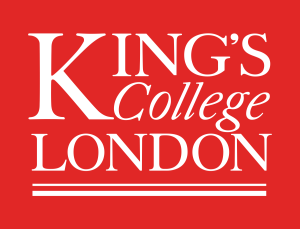WHY UK?
Reputation & Ranking:
Despite its relatively small size, the UK boasts many of the world’s top universities.
As we can see in the QS World University Rankings 2024, four of the global top ten universities are in the UK:
- University of Cambridge (2nd)
- University of Oxford (3rd)
- Imperial College London (6th)
- University College London (9th)
The UK, moreover, has its own Ivy League – the Russell Group, an association of 24 universities – including Cambridge, Oxford, and UCL – who offer world-class educations.
Graduates of these universities receive better employment prospects, and the acceptance rates are generally higher than Ivy League colleges (Harvard, for example, has an acceptance rate of around 3%, whereas Cambridge admits approximately 20% of applicants).
Other top-ranked UK universities include:
- London School of Economics and Political Science
- University of Edinburgh
- St Andrews
- University of Warwick
- Loughborough University
Affordable Course Fees and Living Costs in UK
Multiculturalism and Diversity
Residency and Work Opportunities
LocatIon
Application Process for UK Universities
Compared to the US system, the UK university application process is more straightforward. All 5 applications are submitted through the UCAS portal.
Firstly, students fill out their basic information–such as contact details, nationality, residency, and education. In this final section, students are required to list the grades they have achieved from previous years, as well as the subjects they are currently studying in their final year of high school.
Students will mark these grades as ‘pending’, as their teacher will input the specific predicted grades once the application is submitted to them.
There is also a reference section, in which students enter the information of their referee (almost always a teacher at their school) and select submit.
Their referee will receive an email request for the reference to be uploaded to a separate portal which students do not have access to.
Then, students must select the 5 degree programmes to which they wish to apply. Each of these comes with a course code that can be cross-referenced on the university website.
The final section is the personal statement, which there is more information on below.
Once all information has been entered, students must submit and pay the application fee.
Academic Requirements for UK Universities
Offers for UK universities are largely determined by a student’s predicted grades at the time of applying. The page for every degree offered by a UK university includes a section on “entry requirements”, which lists the minimum grades students must be predicted to achieve in order to gain entry to the course.
Students whose marks fall below the minimum grade are strongly recommended to apply to either a less competitive programme or a less competitive university.
Entry requirements vary across universities and programmes, the highest of which is a minimum of A*A*A for most Oxbridge degrees.
Additionally, degree pages list any specific subjects which students must have studied to gain entry onto a degree programme. While not all degrees require students to have studied certain subjects, competitive courses such as Engineering will require students to have studied Maths and Physics at high school.
-
- Entrance Exams
- Interviews
- Portfolios
- Letter of Recommendation
- Official Transcripts
- English Language Requirements
Acceptances To:






